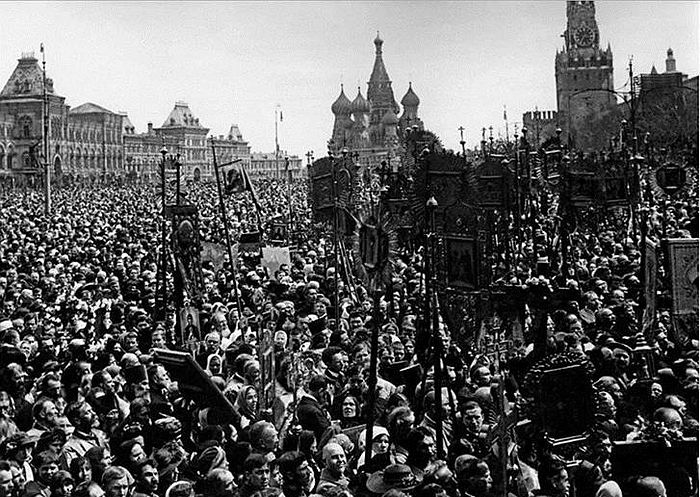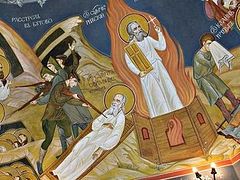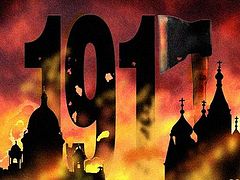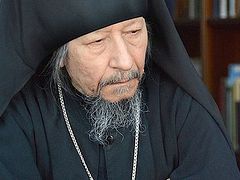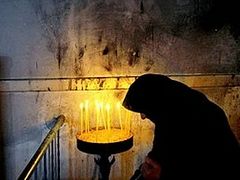Moscow, February 2, 2018
Today, February 2, marks exactly 100 years from the adoption of the Bolsheviks’ main anti-Church decree, “On the Separation of the Church from the State and Schools from the Church.” This decree established and proclaimed the secular character of the governmental authorities, all civil status acts were transferred to the jurisdiction of the civil authorities, and the teaching of religious creeds and disciplines was forbidden in all educational institutions. All property existing in Russian Church and religious societies was declared national property, reports pravoslavie.ru.
Despite the formal proclamation of freedom of conscience and confession, unprecedented religious persecution began in the country. In the first years, many thousands of clergy and laity were persecuted, religious property was seized, including churches and monasteries, and powerful atheistic propaganda was developed.
The Church immediately sharply condemned the decree. The Local Council published a response decree, arguing that the state’s decree was, despite its claims of religious freedom, a malignant encroachment on the whole structure of the life of the Orthodox Church and an open act of persecution against it.
“Any participation in the publication of this legislation, hostile to the Church, and in attempts to carry it out in life is incompatible with belonging to the Orthodox Church and draws upon the guilty a penance up to excommunication from the Church (following Canon 73 of the holy Apostles and Canon 13 of the 7th Ecumenical Council),” the Church decree reads.
The radical anti-religious policies and violence were met by active opposition and resistance by Church people in the form of cross processions and the protection of churches and monasteries from looting. According to Soviet sources, believers’ attempts to protect Church property just from February to May 1918 brought 687 deaths.
The adopted decree was in fact but one link in an entire chain of anti-religious decrees of the time established by the Bolsheviks.

